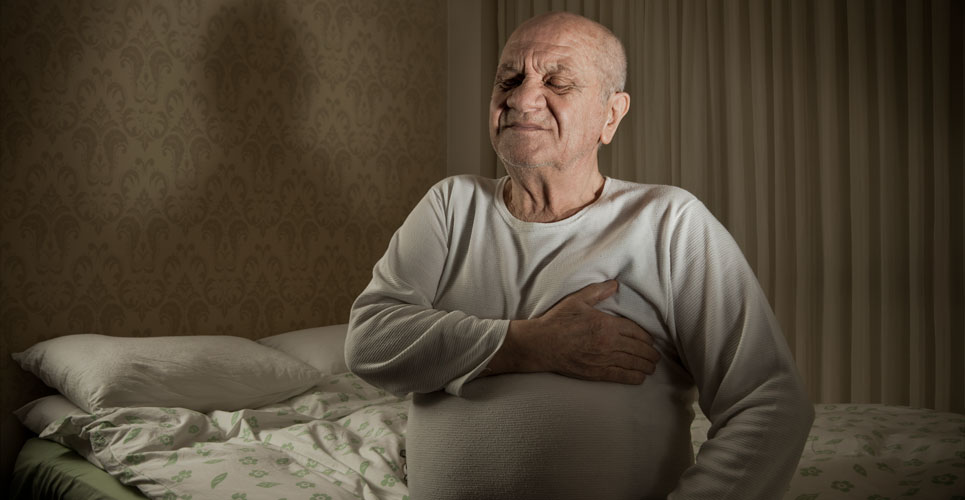Heart failure patients over 50 years of age appear to be at a higher risk of both cancer and cancer-related mortality
Heart failure (HF) patients who are 50years of age and older, are at a greater risk of cancer and cancer-related mortality compared to non-heart failure matched-controls according to a study by a team from the Cardiovascular Disease Unit, Genoa, Italy.
There is growing evidence that the incidence of cancer is higher among those with both cardiovascular disease and heart failure, especially as this latter group frequently die from cancer. In fact, research has found that the increased risk of cancer among HF patients, persists beyond the first year following their HF diagnosis and that their prognosis is worse compared to non-heart failure patients with cancer. Despite this, other work based on data from the Physicians’ Health Study, has revealed how HF was not associated with an increased risk of cancer among male physicians. It has also been suggested that while heart failure patients did have a slightly increased risk of various cancer subtypes, these increased risks were largely drive by comorbidities.
Given some uncertainty over the HF-cancer association, the Italian team attempted to provide greater clarity by undertaking a retrospective cohort study of healthcare records in Puglia, a region of southern Italy. They included patients aged 50 years and older, diagnosed with heart failure but without a history of cancer in the three years prior to their inclusion in the analysis. The team included a control group without HF who were matched on age and sex. The primary outcomes of the study were cancer incidence as well as mortality. In an effort to examine whether HF severity influenced the study outcomes, the researchers also explored patients use of doses in excess of 80 mg/day of furosemide and equivalents for longer than 30 days in the year before the index date.
Heart failure patients and cancer
A total of 104,020 HF patients with a mean age of 76 years were matched to an equal number of control patients. The researchers identified a total of 12,036 new diagnoses of cancer in HF patients and 7,045 in controls after a median follow-up period of 5 years. This gave an incidence cancer rate of 21.36 per 1000 person-years among those with HF and 12.42 in the control arm (Hazard ratio, HR = 1.76, 95% CI 1.71 – 1.81).
The cancer mortality rate was also higher among HF patients compared with controls (HR = 4.11, 95% CI 3.86 – 4.38). This difference was also seen among HF patients aged less than 70 years (HR = 1.66, 95% CI 1.58 – 1.75) and in those over 80 years of age (HR = 2.07).
High dose loop diuretics also showed an important effect with a higher cancer incidence (HR = 1.11, 95% CI 1.03 – 1.21) and cancer-related mortality (HR = 1.35).
The authors concluded that HF patients had both a higher incidence of cancer and cancer mortality than matched controls and speculated that given that the risk was elevated among those with high dose loop diuretics, it was possible that the overall cancer risks were potentially higher in those with decompensated, i.e., more severe HF.
Citation
Bertero E et al. Cancer Incidence and Mortality According to Pre-Existing Heart Failure in a Community-Based Cohort JACC CardioOncology 2022

